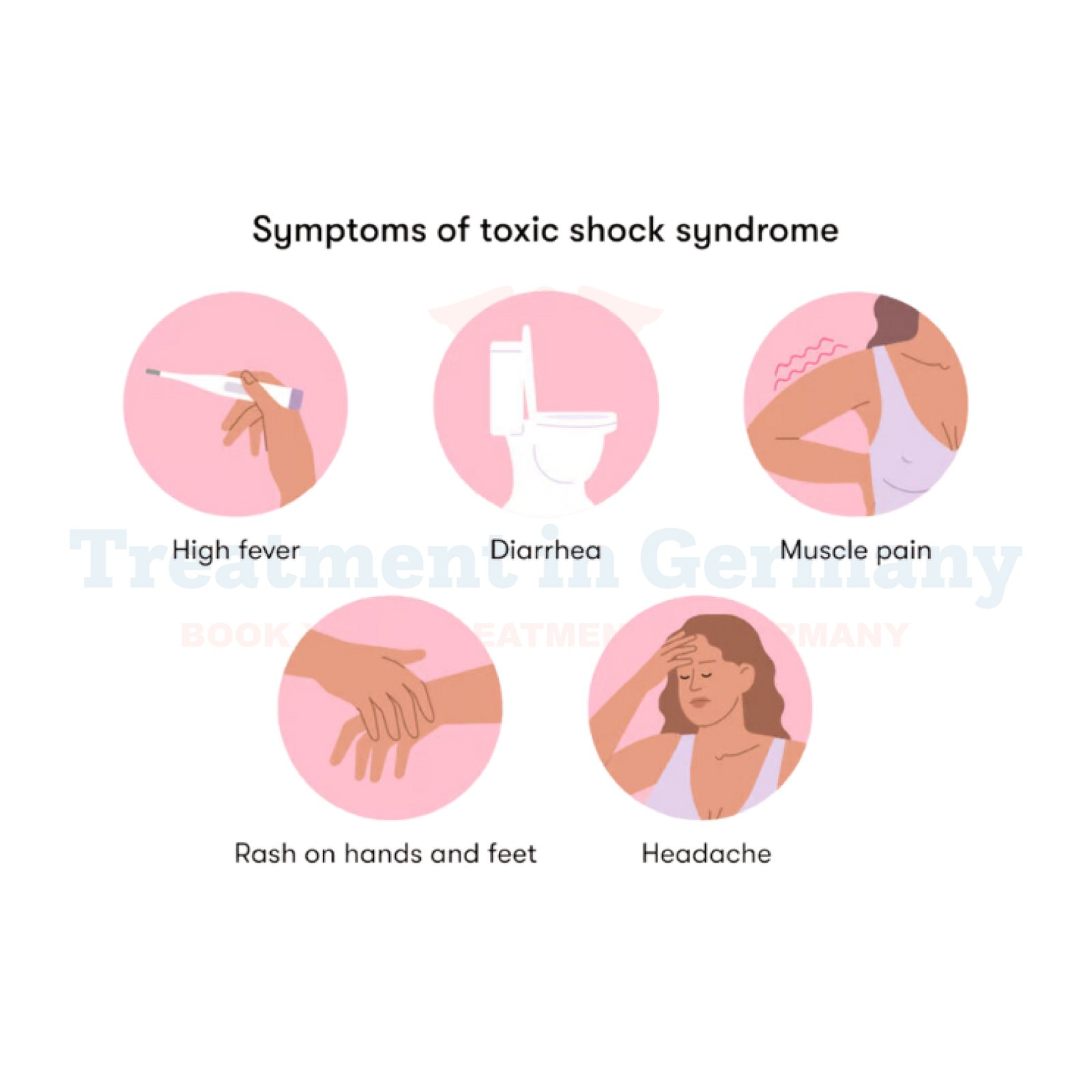What is Toxic Shock Syndrome:
Toxic Shock Syndrome (TSS) is a rare but serious medical condition caused by bacterial toxins. It primarily stems from the overgrowth of Staphylococcus aureus (staph) bacteria or Streptococcus pyogenes (strep) bacteria.
While it was initially associated with tampon use in menstruating women, TSS can affect anyone, regardless of gender or age. The toxins produced by these bacteria can lead to a systemic response, affecting multiple organs and systems in the body.
Side effects of Toxic Shock Syndrome:
The symptoms of TSS can vary widely but often include sudden high fever, low blood pressure, rash resembling sunburn, vomiting, diarrhea, muscle aches, confusion, and even organ failure in severe cases.
Due to its rapid progression, TSS requires immediate medical attention to prevent life-threatening complications.
How is Toxic Shock Syndrome diagnosed?
Diagnosing TSS involves a thorough medical history review, physical examination, and laboratory tests. Your healthcare provider may collect samples for cultures to identify the specific bacteria causing the infection.
Blood tests may reveal abnormalities such as low platelet count, elevated liver enzymes, and electrolyte imbalances. Additionally, imaging studies like CT scans or ultrasounds may be performed to assess organ damage.
Potential treatments of Toxic Shock Syndrome:
Treatment for TSS typically involves hospitalization and aggressive management to stabilize the patient's condition and eradicate the infection. This may include:
👉 Contact us for further information and receive acomplimentary consultation.


.webp)
 (1).webp)

.webp)
 (1).webp)


.webp)
 (1).webp)

.webp)
 (1).webp)
